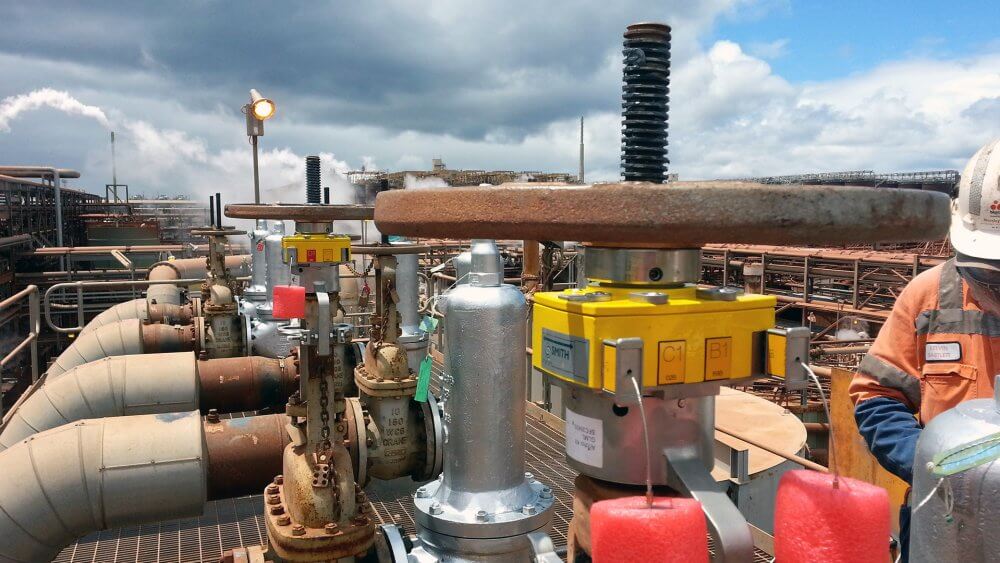In process industries, the consequences of over-pressurization incidents can be catastrophic. A notable example in the oil and gas industry is the Piper Alpha disaster, where incorrect handling of pressure relief systems contributed to massive loss of life and assets. In the alumina industry, similar risks exist, as shown by incidents like the explosion at the Gramercy plant in Louisiana, USA, where inadequate pressure management in high-temperature environments resulted in catastrophic failures. Such high-stakes examples highlight the critical need for reliable, fail-safe pressure management solutions in processing facilities.
Addressing pressure relief failures and operational risks
An alumina processing facility in Australia was looking for a solution to address a risk, associated with pressure vessel management. The lapse in pressure relief capacity due to procedural deviations could create the potential for vessel overpressure. A failure that, in worst-case scenarios, could lead to explosions. The pressure vessels, handling high-temperature bauxite slurry mixed with sodium hydroxide, posed unique risks that standard operational procedures alone could not fully mitigate.
Implementing valve interlocks for process safety assurance
Sofis partner for Australia, Teksal Safety, has provided a solution to ensure that valves are operated in the correct order and prevent unauthorized changes that could lead to operational hazards. In this solution, valve interlocks are installed on all pressure sources linked to relief paths, providing safe and reliable pressure relief and establishing a clear protocol for operators. This ensures that the sequence of valve actions aligns precisely with safety requirements. The solution was backed by Teksal’s commitment to thorough consultation with the facility’s engineering and operational teams, enabling the adaptation of these systems to existing plant infrastructure. The Teksal engineering team offers comprehensive installation, commissioning, and training services, setting a foundation for safe valve operations throughout the plant’s lifecycle.
Burner management and power station controls
Implementing Sofis valve interlocks can have a transformative impact on a plant’s operations. The immediate risk of overpressure incidents is addressed by providing an independent safety layer that reduces reliance on operator memory or judgment during critical procedures. This solution inspired the alumina plant to adopt valve interlocks in other areas, including burner management and power station controls, to ensure safe and reliable production processes. By using valve interlocks, the alumina processing facility resolved the immediate risk and demonstrated its commitment to innovative safety solutions tailored to the unique challenges of the alumina industry.



